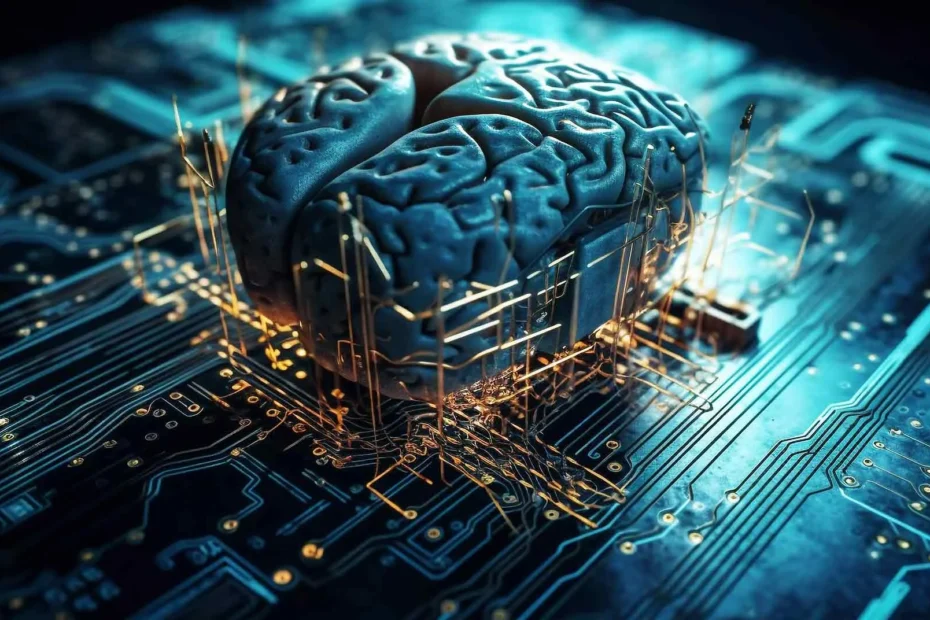Home > Linguistics Linguistics
Linguistics is the scientific study of language and its structure, including its sounds, words, grammar, and meanings. It is an interdisciplinary field that draws on insights from psychology, anthropology, philosophy, and computer science. As a result, helps us to understand how humans communicate with one another through language.
Linguists investigate how different cultures and contexts use language. It analyses the structure and function of language at multiple levels. For example, the sounds of individual speech sounds or the complexities of discourse and conversation.
One major area of focus in linguistics is phonetics. This investigates how speakers and listeners produce and perceive speech sounds, focusing on their physical properties. Morphology is another area that investigates how smaller units called morphemes form words. It also studies the structure of words.
Linguists study how words combine to form meaningful phrases and sentences, which is known as syntax. Meanwhile, semantics investigates the meaning of words, phrases, and sentences. In addition, pragmatics investigates how speakers use language to achieve specific goals in social contexts. For instance, making requests or expressing politeness.
Linguistics also encompasses the study of language acquisition. This includes how children learn to speak their first language and how adults learn second languages. Computational linguistics is another subfield that uses computers to analyse and process language data. For example, natural language processing and machine translation.
In summary, linguistics is a broad and interdisciplinary field that aims to understand the structure, function, and use of language. It is an useful field in media and communications as it helps to find meanings embedded within media texts.









